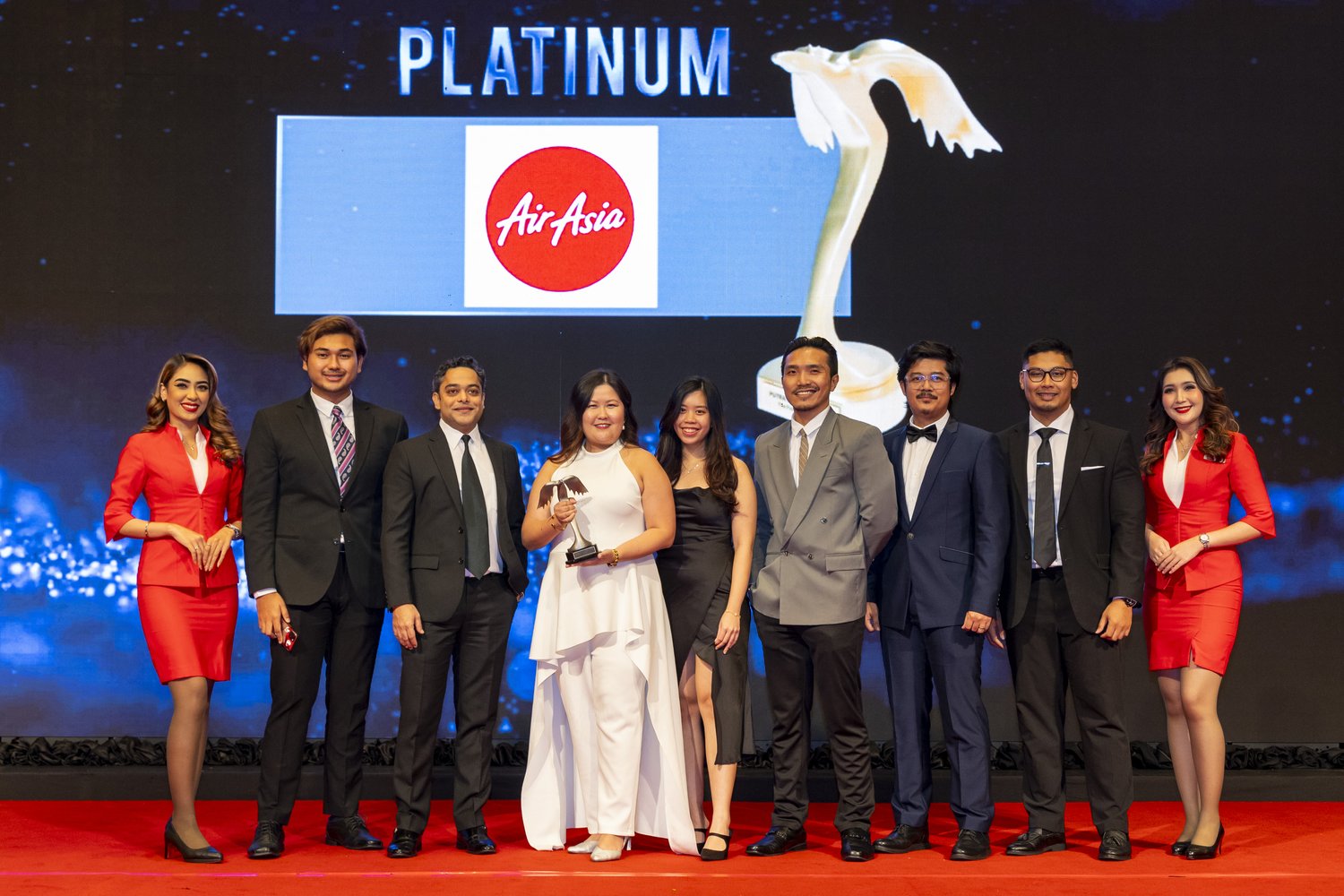Search Blog
Hit enter to search or ESC to close
Trending Now
AirAsia wins Platinum in travel category at Putra Brands Awards
- Get link
- X
- Other Apps
Touch ‘n Go Wins Super Aspiring Brand Award in the Lifestyle Category at the Shopee Super Awards 2023
- Get link
- X
- Other Apps
Samsung Galaxy S23 Ultra 5G: The Best Smartphone To Buy
- Get link
- X
- Other Apps
As the world continues to reopen alongside high vaccination rates, senior executives at Capital A (the holding company for the AirAsia Aviation Group), call on governments across Asia to further ease travel restrictions in order to revive the global economy.
Capital A President, Commercial, Colin Currie said: “Tourism is a major economic contributor and a lifeline for so many countries in Asean and beyond. For Asean as a whole, the tourism sector accounts for 13% of the grouping’s aggregate GDP, and 6% of total employment. Revival of the tourism sector is thus pivotal to support the livelihood of the people.
“The majority of the world is now fully vaccinated and a sizable portion has also received booster shots. Data in the region also shows that the chance of hospitalisation from Covid-19 for those fully vaccinated is very small.
“We thank the governments in Asean which are finally reopening borders. This is a great first step to revive economic growth. With a high percentage of people in Asean fully vaccinated, we believe that it is time to review the onerous deterrents still stifling air travel, including the numerous testing requirements both pre-departure and on arrival, additional paperwork and costly Covid travel insurance.”
Group CEO of AirAsia Aviation Group, Bo Lingam said: “It is a sad fact that some of our airfares cost less than the Covid-19 tests required by many countries in Asia, making the overall cost of air travel burdensome for most of the ordinary travellers that we serve. The testing requirements, including the number and type of tests involved, should constantly be reviewed to ensure that they remain relevant, without burdening travellers nor compromising public health.
“Another key issue faced by air travellers is the additional paperwork and various, unstandardised entry applications required by different countries. These too should be urgently reviewed as the current processes tend to be duplicative and causing confusion amongst travellers. This is on top of the superfluous Covid-19 travel insurance requirement still imposed by many countries and we would like to applaud Singapore, Cambodia, Australia and India for leading the way by doing away with this requirement in order to draw more visitors to their respective countries.
“We are also very pleased that countries like Cambodia and India have completely removed testing requirements and reduced paperwork for entry applications, while travellers to Thailand, Indonesia, Vietnam, Singapore, Australia and the Philippines are only required to undertake one Covid-19 test, either pre-departure or on-arrival. Malaysia is about the only country in Asean that is still requiring two tests, both pre-departure and on-arrival, which we earnestly hope the Government will urgently reconsider.
“The global recovery in air travel is very much underway. We are happy to note that many countries are already making the journey easier and more tourist-friendly. Countries that persist in trying to lock out the disease instead of managing it, as we do for other diseases, face the risk of missing out on significant economic benefits.
“AirAsia continues to play its part in the revival by looking at ways to make air travel as affordable and hassle free as possible for our guests, including fully contactless procedures at the airports and in the air. Just last week, we announced a partnership with leading local provider Medijaya, to provide more affordable and convenient testing facilities in Malaysia which we hope to roll out similarly in other destinations soon.
“We will continue to work closely with respective governments, regulators and industry partners across Asia and the Pacific and thank them for their support as we work together to reduce the friction of air travel in order to stimulate demand and help revive the economy as a whole.”
You May Also Like
Affordable, Simple, and Accessible: DearTime Launches as Malaysia’s First Life Insurer in the BNM Sandbox
- Get link
- X
- Other Apps
Driving in Style and Comfort: A Comprehensive User Experience with Hamel Malaysia Ultimate Car Care Services
- Get link
- X
- Other Apps










